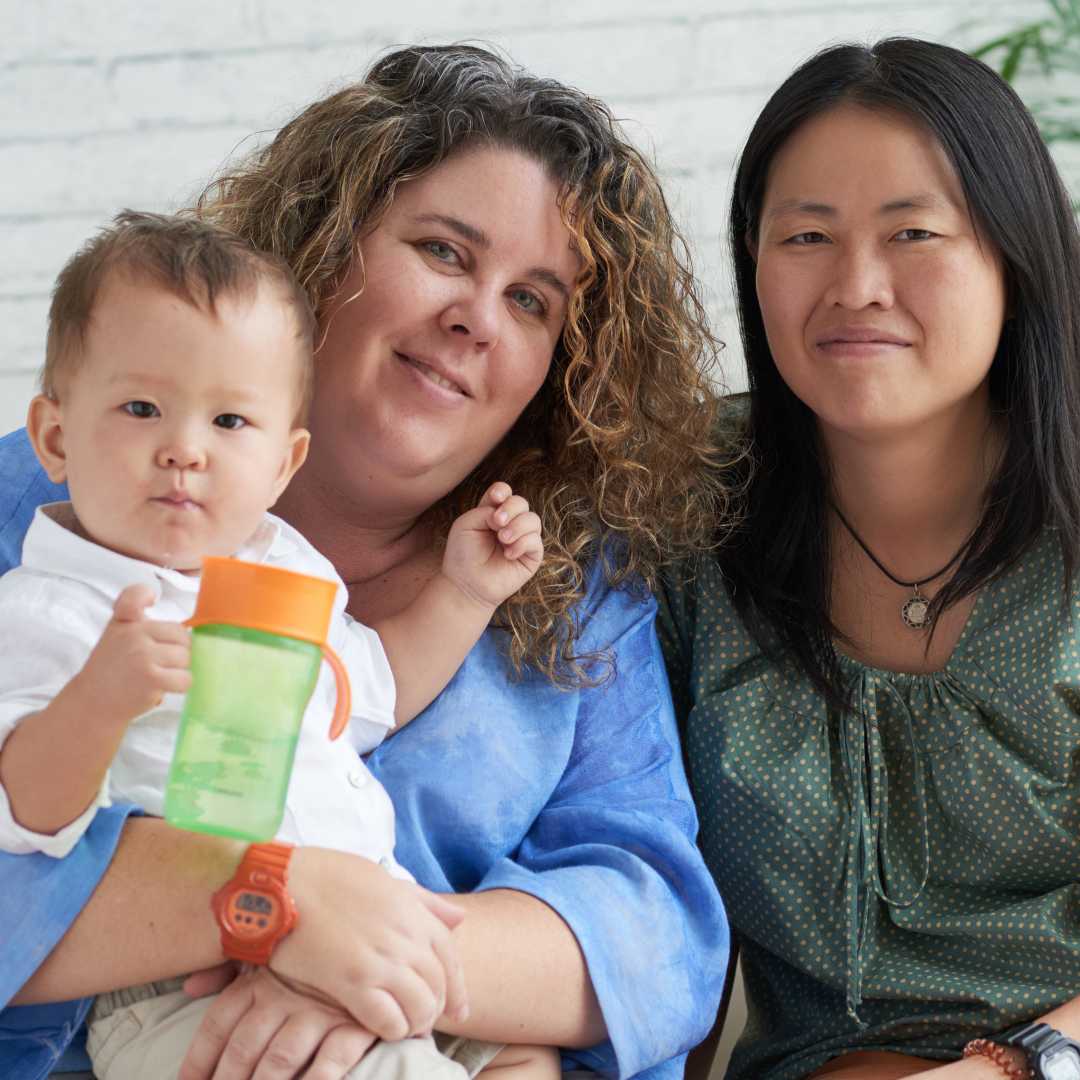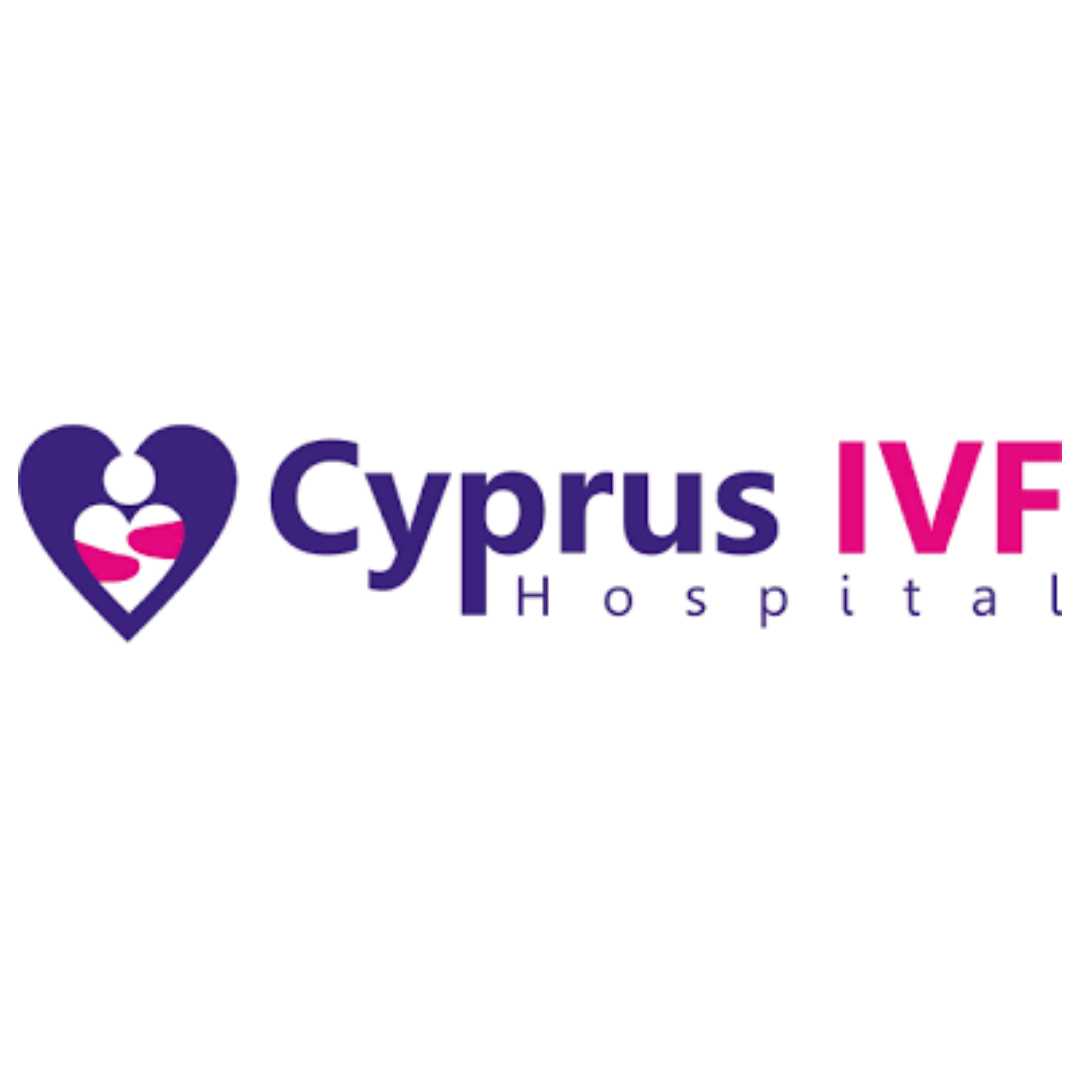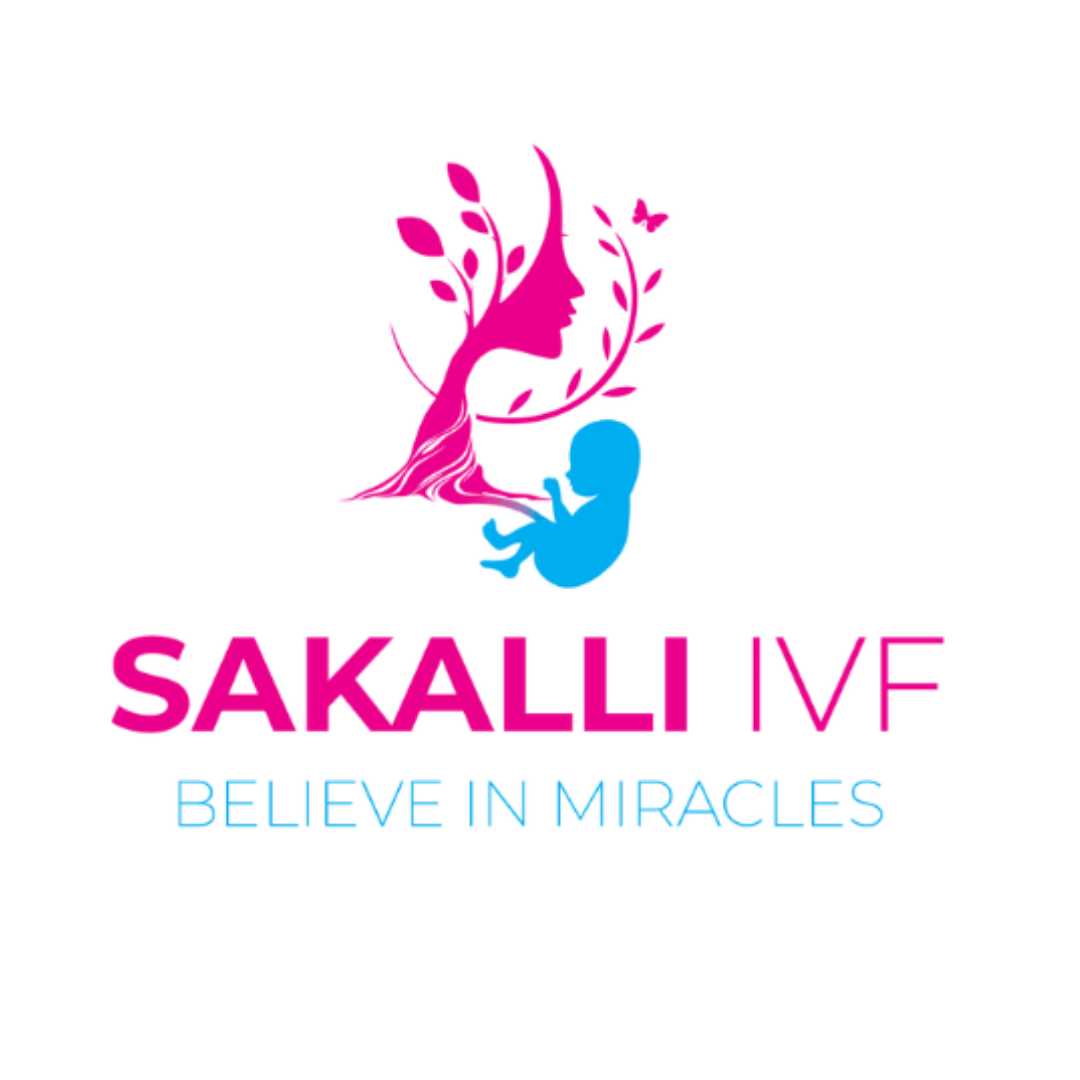Key Takeaways:
-
Progressive Laws: Cyprus allows anonymous egg donation, gender selection, and embryo freezing, catering to diverse family structures.
-
Ethical Practices: Clinics enforce rigorous donor screening, informed consent, and patient privacy to ensure fairness and transparency.
-
Affordable Excellence: Fertility treatments in Cyprus cost significantly less than in Western Europe or the U.S., with no compromise on quality.
-
World-Class Clinics: Advanced facilities like Kyrenia IVF Center and British Cyprus IVF Hospital offer cutting-edge treatments and personalized care.
-
Inclusivity: International couples, including singles and same-sex couples, can access fertility treatments in a supportive legal environment.
For many international couples, navigating the path to parenthood involves overcoming legal, ethical, and logistical hurdles. fertility treatments such as IVF and egg donation offer hope, but the process is often complicated by restrictive regulations in their home countries. Cyprus has become a beacon of hope for couples seeking solutions, offering a progressive legal framework, advanced medical facilities, and ethical practices that prioritize patient care.
This article delves into the legal and ethical considerations for international couples exploring fertility treatments in Cyprus, highlighting why this Mediterranean gem is a top choice for building families.
Why Cyprus is a Leading Destination for Fertility Treatments
1. Progressive Legal Framework
Cyprus has established itself as a leader in fertility treatments due to its supportive legal environment. Key legal features include:
-
Egg Donation and IVF: Egg donation is anonymous and legal, providing privacy for both donors and recipients.
-
Access for Same-Sex Couples and Singles: While some countries restrict fertility treatments to married heterosexual couples, Cyprus welcomes diverse family structures.
-
Genetic Testing and Embryo Freezing: Cyprus permits advanced procedures such as Preimplantation Genetic Testing (PGT) and embryo freezing, giving couples more control over their reproductive choices.
2. Ethical Standards
Cyprus ensures that fertility treatments are conducted under strict ethical guidelines, with policies that prioritize patient well-being, donor anonymity, and fair practices.
3. Advanced Medical Facilities
Clinics in Cyprus are equipped with cutting-edge technology and staffed by experienced fertility specialists. These facilities adhere to international safety and quality standards, ensuring reliable and ethical treatment options.
4. Affordable and Accessible
The cost of fertility treatments in Cyprus is significantly lower compared to Western Europe and the U.S., without compromising quality. Additionally, Cyprus’ location makes it easily accessible for international couples.
Key Legal and Ethical Considerations for International Couples
1. Anonymity in Egg Donation
Cyprus enforces strict anonymity for egg donors, ensuring that their identities are kept confidential. This approach protects both donors and recipients, fostering trust and privacy throughout the process.
2. Donor Screening
Ethical practices in Cyprus require comprehensive screening of egg and sperm donors. Donors undergo rigorous medical, psychological, and genetic evaluations to ensure they meet health and suitability criteria.
3. Cross-Border Fertility Laws
International couples should be aware of how Cypriot laws interact with their home country’s regulations. While Cyprus offers legal access to treatments, couples must ensure the procedures align with their country’s rules regarding parenthood and citizenship.
4. Genetic Testing and PGT
Cyprus permits Preimplantation Genetic Testing (PGT) to screen embryos for genetic conditions or to select embryos based on desired traits like gender. While legal, ethical considerations such as cultural or personal beliefs should be taken into account.
5. Consent and Legal Agreements
Couples are required to provide informed consent for all fertility treatments. Clinics in Cyprus ensure that all parties fully understand the process and legal implications before proceeding.
Cost Overview of Fertility Treatments in Cyprus
Cyprus offers a cost-effective solution for fertility treatments, often including services such as egg donation, IVF, and genetic testing.
|
Treatment |
Cyprus Cost (USD) |
Western Europe Cost (USD) |
U.S. Cost (USD) |
|
IVF |
$3,500 – $6,000 |
$6,000 – $12,000 |
$10,000 – $20,000 |
|
Egg Donation |
$5,000 – $7,500 |
$10,000 – $15,000 |
$18,000 – $25,000 |
|
PGT |
$2,000 – $3,500 |
$4,000 – $6,000 |
$5,000 – $7,000 |
Cypriot clinics often offer all-inclusive packages that cover treatment, consultations, medication, and accommodations, ensuring a seamless experience for international couples.
Top Clinics for Fertility Treatments in Cyprus
1. Kyrenia IVF Center
Kyrenia IVF Center is a premier fertility clinic specializing in IVF, egg donation, and genetic testing. Known for its patient-centric approach, the clinic ensures transparency and ethical practices throughout the treatment process.
Key Features:
-
High success rates for IVF and egg donation.
-
Multilingual staff fluent in English and Arabic for international patients.
-
Advanced genetic screening technologies for PGT.
2. British Cyprus IVF Hospital
The British Cyprus IVF Hospital is one of Cyprus’ most renowned fertility centers, offering a wide range of treatments supported by over two decades of experience.
Key Features:
-
Comprehensive donor screening and matching.
-
Legal and ethical adherence for cross-border fertility care.
-
Comfortable recovery suites for patients undergoing treatment.
3. Cyprus IVF Hospital
Cyprus IVF Hospital combines advanced technology with ethical practices, making it a trusted choice for international couples.
Key Features:
-
Expertise in embryo freezing and IVF.
-
Transparent pricing with no hidden costs.
-
Focus on privacy and patient confidentiality.
4. EuroIVF Fertility Clinic Cyprus
EuroIVF Fertility Clinic Cyprus is recognized for its innovative treatments and ethical approach, catering to a global patient base.
Key Features:
-
Rigorous donor matching processes.
-
High success rates for IVF and egg donation.
-
Personalized treatment plans for international couples.
Leading Fertility Specialists in Cyprus
Dr. Verda Ozkent Tuncbilek
Dr. Verda Ozkent Tuncbilek is a fertility specialist with over 15 years of experience, renowned for her compassionate care and expertise in IVF and donor egg procedures.
Dr. Ahmet Ozyigit
With more than two decades of experience, Dr. Ahmet Ozyigit is a trusted name in reproductive medicine, specializing in advanced IVF and genetic testing techniques.
Dr. Idil Aslan
Dr. Idil Aslan is known for her patient-focused approach and innovative solutions in fertility treatments, including donor egg IVF and embryo freezing.
FAQs About Legal and Ethical Considerations in Cyprus
1. Is egg donation legal in Cyprus?
Yes, egg donation is fully legal in Cyprus. The country has established clear and supportive laws that regulate egg donation to ensure safety, transparency, and ethical compliance. One of the unique aspects of Cyprus’ legal framework is the anonymity clause, which guarantees that both donors and recipients remain confidential. This approach protects the privacy of all parties and fosters a trustworthy environment for fertility treatments.
2. Is anonymity required for egg donation in Cyprus?
Yes, Cyprus enforces strict anonymity for egg donation. The identities of both donors and recipients are protected by law, ensuring privacy for everyone involved. Neither the donor nor the recipient is allowed to know each other's identity, and this rule is upheld through rigorous clinic protocols. This legal provision is one of the reasons Cyprus is a preferred destination for international couples who value confidentiality in fertility treatments.
3. Are fertility treatments in Cyprus accessible to same-sex couples and single individuals?
Cyprus is inclusive when it comes to offering fertility treatments. While the country’s laws are progressive, some clinics may have specific policies regarding treatment for same-sex couples or single individuals. International patients are encouraged to consult with clinics directly to understand their eligibility. In general, single women and heterosexual couples have broad access to fertility treatments like IVF and egg donation.
4. What are the legal requirements for international couples seeking fertility treatments in Cyprus?
International couples must meet a few legal requirements to undergo fertility treatments in Cyprus. These include:
-
Valid Identification: Couples must provide valid passports or other forms of identification.
-
Informed Consent: Both partners are required to sign legal consent forms acknowledging their understanding of the procedures and responsibilities.
-
Medical Records: Clinics may require prior medical records to assess suitability for treatments.
The documentation process is straightforward and supported by clinic staff, who often provide assistance with translations or clarifications.
5. How are donors screened in Cyprus?
Cyprus follows stringent donor screening protocols to ensure ethical compliance and the health of all involved. Donors undergo:
-
Medical Tests: Comprehensive health checks to rule out infectious diseases and hereditary conditions.
-
Genetic Screening: Evaluation of the donor’s genetic history to prevent the transmission of genetic disorders.
-
Psychological Assessment: A psychological evaluation ensures that donors are emotionally prepared for the process.
-
Age Requirements: Donors are typically between 18 and 30 years old, which is considered the ideal age range for egg quality.
These extensive measures ensure the safety of the procedure and provide reassurance to recipients.
6. Is Preimplantation Genetic Testing (PGT) legal in Cyprus?
Yes, PGT is legal in Cyprus and widely practiced. Preimplantation Genetic Testing allows couples to screen embryos for genetic abnormalities or specific conditions before implantation. PGT is particularly useful for:
-
Reducing the Risk of Genetic Disorders: Ensures that only healthy embryos are transferred.
-
Gender Selection: While this is allowed in Cyprus, it’s typically limited to family balancing purposes.
-
Improving IVF Success Rates: By identifying viable embryos, PGT increases the likelihood of a successful pregnancy.
Although legal and ethically accepted, couples are encouraged to discuss the implications of PGT with their doctor to ensure it aligns with their values.
7. Are there ethical concerns surrounding fertility treatments in Cyprus?
Cyprus has robust ethical frameworks in place to address potential concerns in fertility treatments. These include:
-
Donor Anonymity: Ensures the ethical treatment of donors and recipients.
-
Informed Consent: Patients and donors must fully understand the process and potential outcomes before proceeding.
-
Transparency in Costs and Procedures: Clinics provide detailed cost breakdowns and clearly explain the steps involved in treatments.
Patients are assured that clinics in Cyprus adhere to international ethical standards, prioritizing fairness, safety, and respect for all individuals involved.
8. How do Cypriot fertility laws compare to other countries?
Cyprus has one of the most progressive legal frameworks for fertility treatments in Europe. Compared to countries with restrictive laws, such as Germany or Italy, Cyprus offers a more inclusive and accessible environment. Key differences include:
-
Anonymous Egg Donation: Allowed in Cyprus but restricted in many other countries.
-
PGT and Gender Selection: Permitted in Cyprus for medical and family balancing purposes, whereas some countries prohibit this.
-
Access for International Patients: Cyprus welcomes patients from all over the world, while other countries may impose residency requirements.
These flexible laws make Cyprus a top choice for international couples seeking advanced fertility treatments.
9. Can international couples face legal issues upon returning home?
While fertility treatments in Cyprus are legal and ethically sound, couples should consider their home country’s laws regarding:
-
Parenthood Recognition: Some countries may not automatically recognize parenthood through egg donation or surrogacy.
-
Citizenship for Children: It’s important to verify how your country grants citizenship to children born through assisted reproductive technologies.
-
Documentation Requirements: Ensure you have all necessary legal documents from the Cypriot clinic to avoid complications.
Consulting with a legal expert in your home country is recommended to ensure smooth integration of the process upon returning.
10. What are the legal implications of embryo freezing in Cyprus?
Embryo freezing is legal in Cyprus and commonly offered by fertility clinics. Couples who opt for embryo freezing are typically given legal agreements outlining the storage duration and conditions. These agreements clarify:
-
Storage Period: Embryos can be stored for several years, depending on the clinic’s policy.
-
Ownership Rights: Both partners must consent to the storage and future use of the embryos.
-
Disposal or Donation: Couples may choose to donate unused embryos for research or to other patients under ethical guidelines.
This option provides flexibility for couples who may wish to delay implantation or plan future pregnancies.
11. What informed consent processes are required in Cyprus?
Informed consent is a critical legal and ethical requirement in Cypriot fertility treatments. Couples are provided with detailed information about:
-
The Procedure: Steps involved in IVF, egg donation, or genetic testing.
-
Potential Risks: Any medical or ethical risks associated with the treatment.
-
Costs and Outcomes: Clear explanations of financial commitments and expected success rates.
Patients are required to review and sign consent forms, ensuring they fully understand the implications of the treatment before proceeding.
12. Can patients choose the gender of their child in Cyprus?
Gender selection is permitted in Cyprus for family balancing purposes. The process is conducted through PGT, which allows doctors to identify the gender of the embryo before implantation. While legal, clinics emphasize ethical guidelines to ensure that gender selection is used responsibly and in alignment with the patient’s cultural and personal beliefs.
13. What happens if legal or ethical issues arise during treatment?
If any legal or ethical issues arise, clinics in Cyprus are well-equipped to address them transparently. Clinics adhere to strict protocols to resolve concerns quickly and fairly. Patients also have the option to consult with third-party legal or ethical advisors if they feel additional support is needed.
14. Are fertility treatments in Cyprus aligned with international ethical standards?
Yes, Cypriot fertility clinics adhere to international ethical standards set by organizations like the European Society of Human Reproduction and Embryology (ESHRE). These standards ensure that treatments prioritize patient safety, transparency, and fairness. Clinics are regularly audited to maintain their certifications and accreditations.
Book with PlacidWay
Navigating the legal and ethical considerations of fertility treatments can be complex, but Cyprus offers a welcoming and supportive environment for international couples. With its progressive laws, ethical practices, and world-class clinics, Cyprus has become a global leader in fertility care.
Take the next step confidently and explore options for building your family through PlacidWay.



.png)
.png)



.png)
.png)
.png)
.png)

.png)




Share this listing